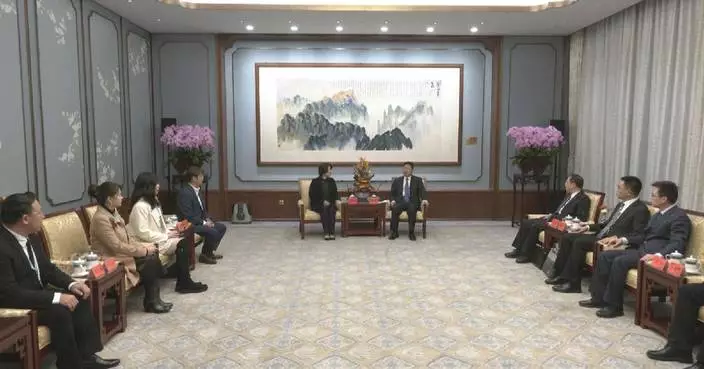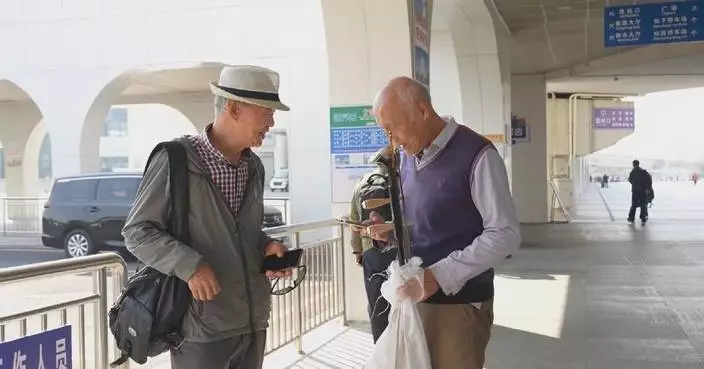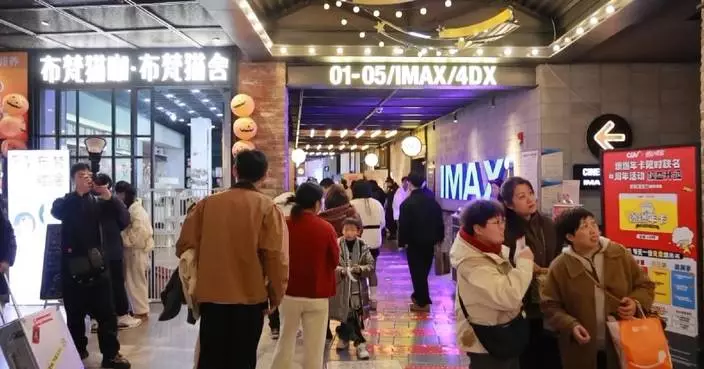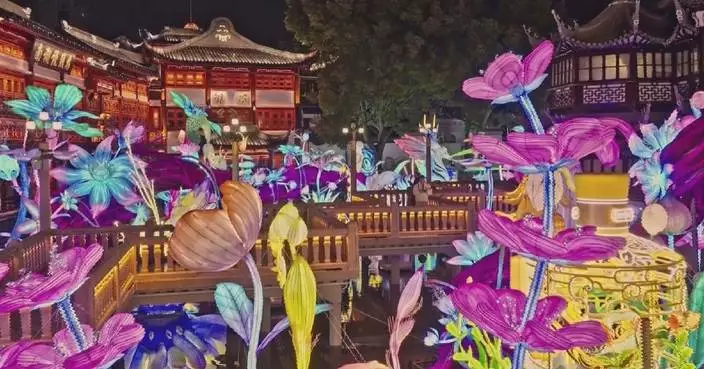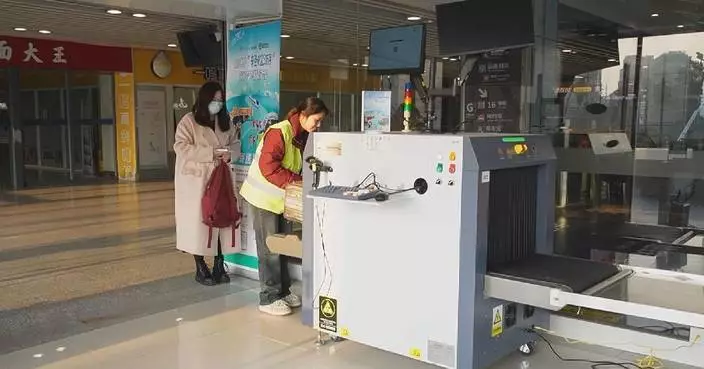The ongoing World Intelligence Expo 2024 in China's Tianjin Municipality showcases diversified application scenarios of intelligent connected vehicles (ICVs) among the much-talked-about future science and technology.
With the continuous expansion of ICV access and on-road pilot, as well as the gradual improvement of the industrial system, China's ICV industry has progressed to large-scale development.
At the World Intelligence Expo 2024, an array of most advanced innovations boasting the integration of vehicle, road, and cloud is on display, including self-driving buses, unmanned express logistics vehicles, and automatic vending machines. The event has showcased a complete industrial system covering intelligent cockpit, autonomous piloting, network cloud control, and others.
"The large-scale deployment of vehicle-road coordination is aimed mainly at a safe and open vehicle-road coordination environment, realizing the interconnection of hardware equipment, platforms, data and security protocols of mainstream road test equipment manufacturers. Based on the vehicle-road coordination environment, we have made relevant demonstration application scenarios, and there will be more demonstration scenarios to be applied in future daily life," said Xu Lei, an exhibitor.
One of the eye-opening exhibit at the expo is a newly developed 5G-A synaesthesia base station with a new radar function. Through key technologies such as high-precision echo detection, intelligent computing engine, and flexible resource scheduling, the station can extend "connection" to "perception", which can accurately perceive moving drones, hulls, vehicles, and other objects, with a decimeter-level accuracy and a success rate of nearly 100 percent.
"It used to rely on telecommunication, but now it is equipped with new perception capabilities, which can show the moving traffic flow and form effective monitoring and perception of the speed, direction and density. It can be used to assist the integrated intelligent driving function of people-vehicles-roads coordination," said Wang Zheng, an exhibitor.
The World Intelligent Driving Challenge 2024 was also held in Tianjin this week, attracting 109 teams from auto and parts enterprises and universities across the country. The event presented the latest progress of key technologies of intelligent driving such as perception, decision-making and execution.
"The performance of intelligent vehicles can be improved through these complex scenarios, so as to push auto manufacturers to largely produce L2-level and L3-level intelligent models, and even the L4-level ones," said Chen Xianbin, chief referee at the World Intelligent Driving Challenge 2024.
Earlier this month, China's four departments, including the Ministry of Industry and Information Technology and the Ministry of Public Security, announced the first consortia to conduct pilot projects for on-road operation of ICVs. With the continuous clarity of industry standards and the continuous improvement of laws and regulations, the application of ICVs in real-world scenarios is expected to be more extensive.
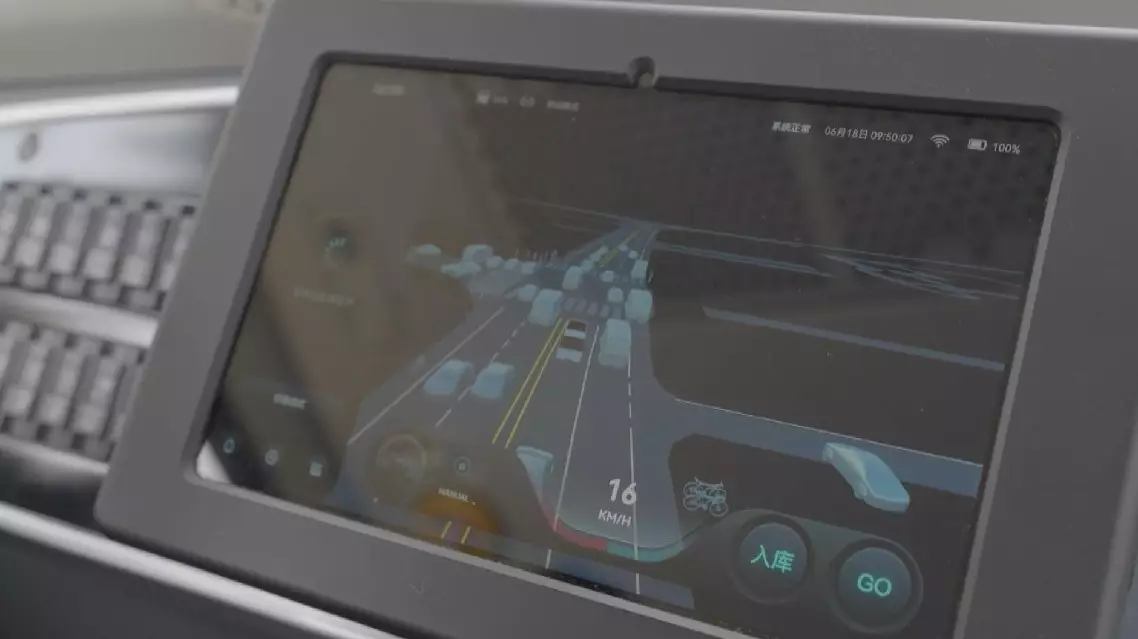
World Intelligence Expo highlights intelligent connected vehicle technologies



